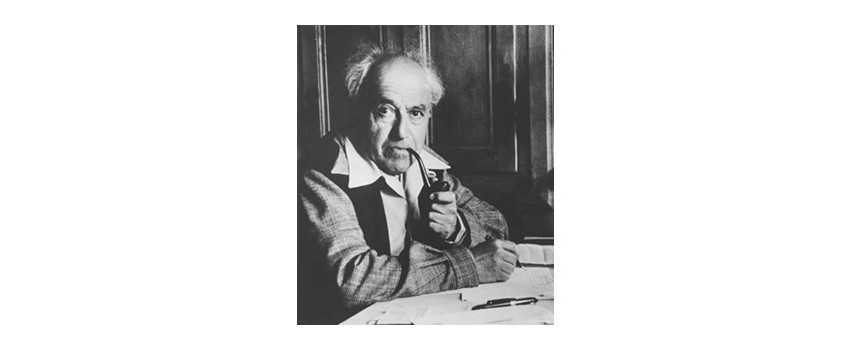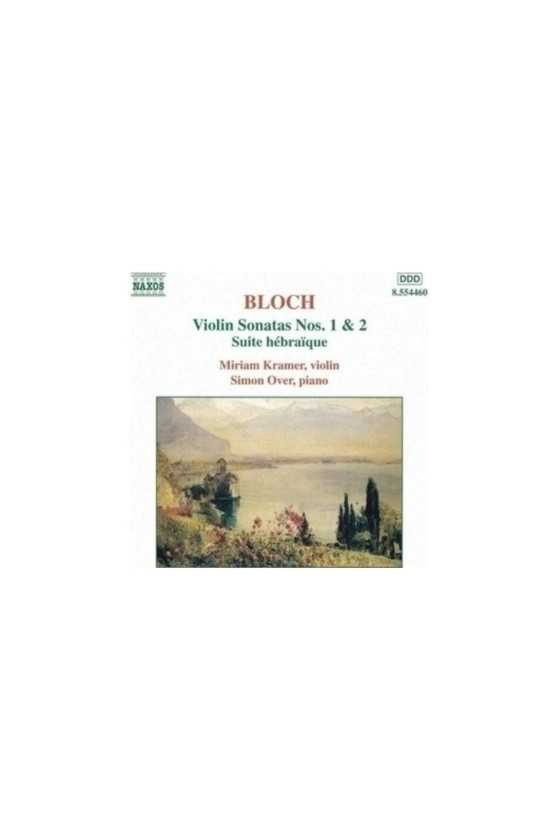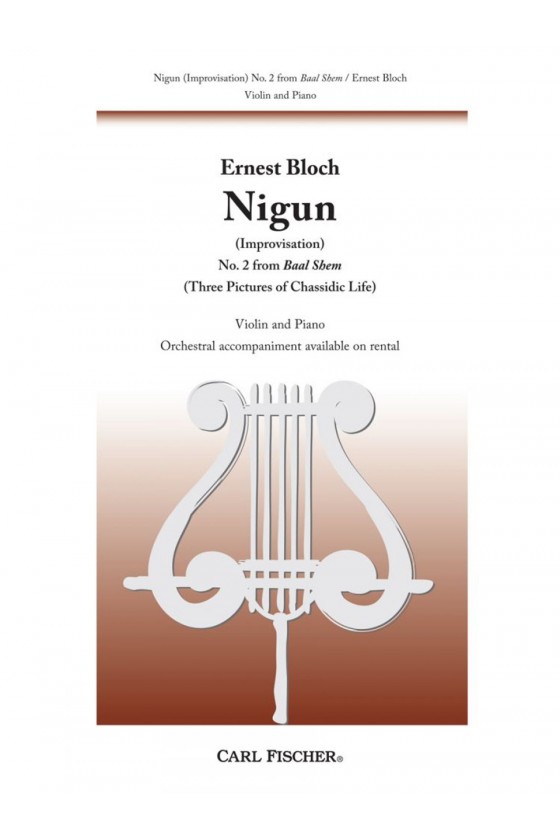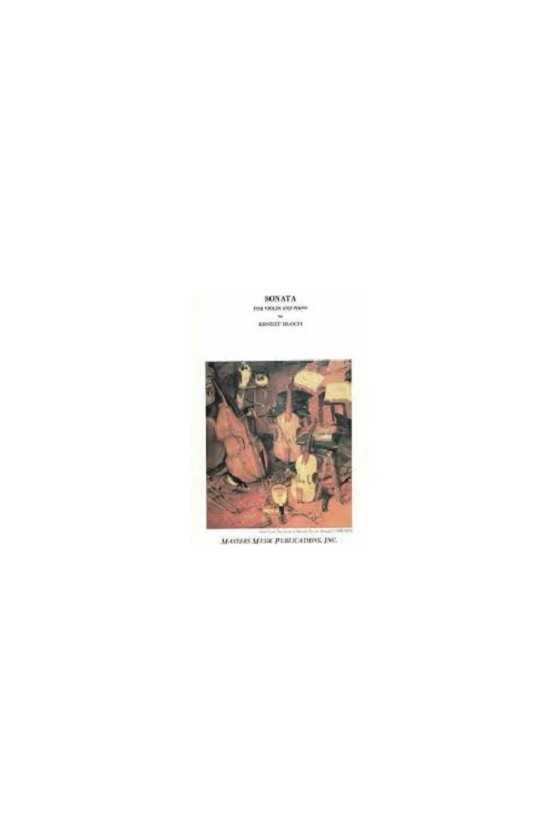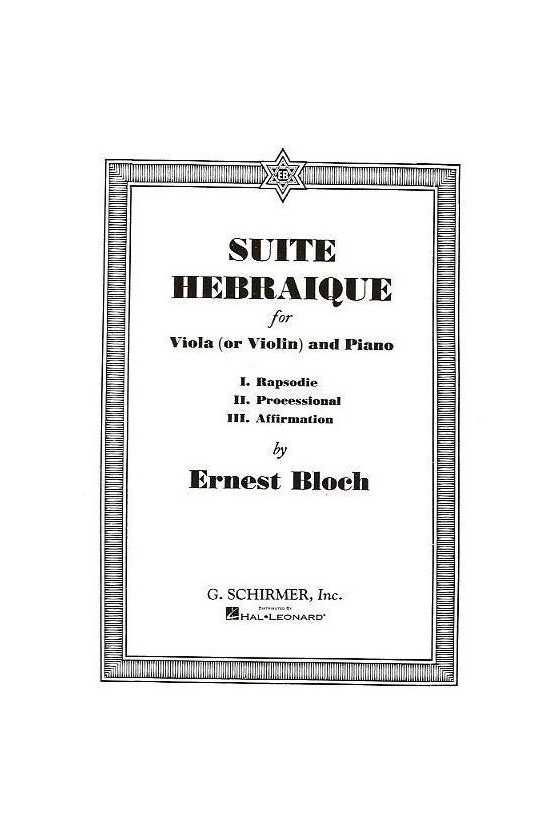Bloch, Ernest
Ernest Bloch, a renowned composer born in Switzerland on July 24, 1880, left an indelible mark on the world of music. His innovative compositions and unique fusion of genres have solidified his position as one of Switzerland's greatest composers. While his music defies categorization, it is deeply influenced by his Jewish heritage and exhibits a wide range of modern harmonic devices.
Early Life and Upbringing: A Foundation of Faith and Inspiration
Ernest Bloch's musical journey began in his formative years, shaped by a strong religious upbringing and a profound connection to his Jewish identity. His father, who aspired to become a rabbi, instilled in him a deep appreciation for the rich traditions and spiritual essence of Judaism. As Ernest grew older, he realized that his Jewish heritage would become an integral part of his artistic expression. He once remarked that writing music that conveyed his Jewish identity was "the only way I can compose music of energy and meaning."
Education and Mentorship: Cultivating Musical Brilliance
Bloch's pursuit of musical excellence led him to seek guidance from renowned composers and educators. He corresponded with Gustav Mahler, a prominent figure in the musical world at the time, and had the opportunity to meet him in person. Additionally, Bloch studied under Émile Jaques-Dalcroze, Iwan Knorr, and Ludwig Thuille, absorbing their teachings and incorporating various compositional techniques into his own work.
Genre-Bending and Harmonic Innovations: Bloch's Musical Language
Ernest Bloch's music defies traditional genres, transcending the boundaries of classical music. His compositions incorporate a wide range of modern harmonic devices, showcasing his innovative approach to music. Vincent Persichetti, in his book Twentieth Century Harmony, highlights Bloch's extensive use of these devices. For instance, the Dorian mode and significant modifications in harmony are evident in Bloch's Concerto Grosso No. 1. The Piano Sonata No. 1 features tone clusters, while percussive and serial harmony take center stage in his Piano Quintet.
Recognition and Legacy: Honoring a Musical Genius
Ernest Bloch's contributions to the world of music have not gone unnoticed. In recognition of his remarkable talent and artistic achievements, he was appointed as Professor Emeritus at the University of California, Berkeley, in 1952. The impact of his work extends beyond academia, as evidenced by the inclusion of his residence at Agate Beach on the National Register of Historic Places. The Ernest Bloch Memorial, initially located near his home, was later moved to a more prominent location in front of the Newport Performing Arts Center in Newport, Oregon. The City of Newport further honored Bloch by naming a place after him - Ernest Bloch Place. Moreover, the Ernest Bloch Memorial Wayside and Monument were officially established in 2016 by the Oregon Department of Transportation Board of Commissioners, commemorating his legacy.
Selected Works: A Glimpse into Bloch's Musical Universe
Ernest Bloch's extensive repertoire showcases his versatility and ability to evoke a wide range of emotions through his compositions. Let's explore a few of his notable works:
"Schelomo: Hebraic Rhapsody for Cello and Orchestra" - This powerful orchestral piece draws inspiration from biblical narratives, particularly the story of King Solomon. Through rich melodies and expressive harmonies, Bloch captures the grandeur and introspection of the biblical tale.
"Suite for Viola and Orchestra" - This emotive composition explores the expressive capabilities of the viola, weaving together intricate melodies and lush orchestrations. It showcases Bloch's ability to create music that resonates deeply with listeners.
"Avodath Hakodesh (Sacred Service)" - This monumental choral work, written for baritone solo, mixed chorus, and orchestra, is a testament to Bloch's deep connection to his Jewish heritage. It explores themes of spirituality and devotion, immersing listeners in a transcendent musical experience.
Bloch's Enduring Influence: A Legacy of Innovation
Ernest Bloch's music continues to captivate audiences and inspire future generations of composers. His willingness to challenge traditional musical conventions and draw from his cultural heritage set him apart as a true innovator. Bloch's ability to infuse his compositions with profound emotional depth and spiritual significance ensures that his work will endure for years to come.
In conclusion, Ernest Bloch's life and music exemplify the power of artistic expression and the influence of one's cultural heritage. His unique fusion of genres, innovative harmonic devices, and deep connection to his Jewish identity have left an indelible mark on the world of music. As we continue to appreciate and explore Bloch's compositions, we honor his remarkable legacy and celebrate the boundless possibilities of musical creativity.
